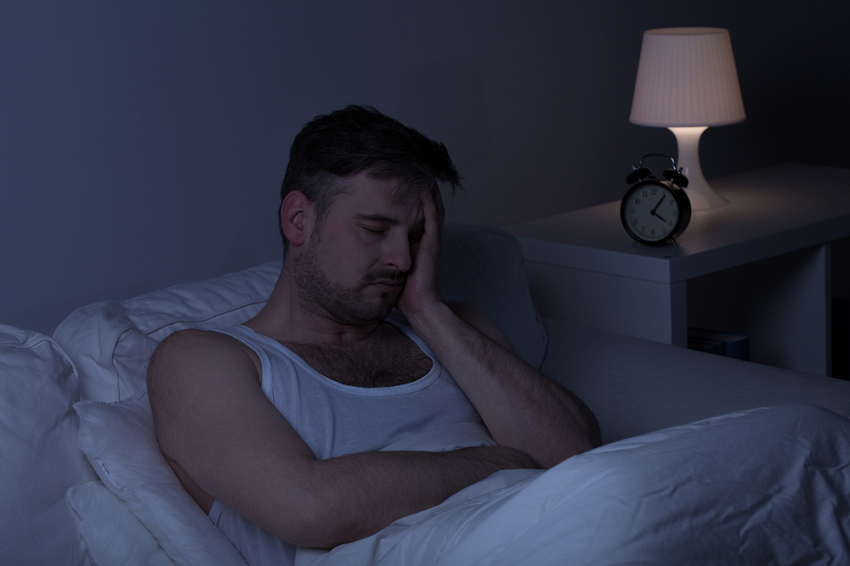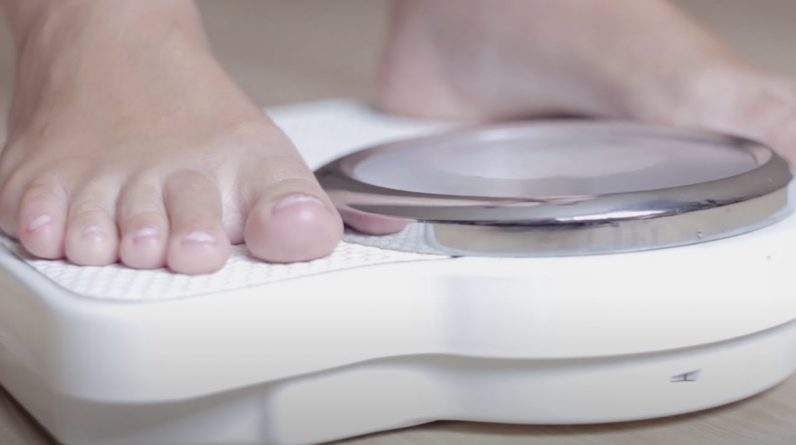
WARNING: The Dangers of Uncontrolled Blood Sugar >> Watch Video
Is Poor Sleep a Diabetes Risk Factor?
Several factors contribute to developing type-2 diabetes, including some well-known reasons like family history, genetics, weight, age, and lifestyle choices. However, one more dominant factor that can drastically increase the risk of developing diabetes is your sleeping habit.
Yes, it’s scientifically proven that sleep deprivation and sleep disturbances can significantly increase your chances of developing diabetes. Even though it’s a pretty strong contributor, sleep or circadian disturbances are often overlooked or not taken as seriously as other factors.
Don’t worry, though, as losing a few hours of sleep once in a while isn’t going to put you at risk of developing diabetes. However, when you start losing sleep or have an irregular sleep cycle for a prolonged period, it becomes a health concern you shouldn’t ignore.
Why? Because when you lose sleep, your body starts secreting stress hormones, and the more it happens, the more stress hormones are secreted. The more-than-required amount of these hormones (mainly cortisol) may help you stay awake, but it interferes with the optimal functioning of insulin. And this is when the problem begins.
 Not getting sufficient sleep allows a more-than-required glucose level to stay in your bloodstream. It is because your body isn’t getting sufficient rest to break down or process the sugar in the body. It is how sleep deprivation is directly related to diabetes.
Not getting sufficient sleep allows a more-than-required glucose level to stay in your bloodstream. It is because your body isn’t getting sufficient rest to break down or process the sugar in the body. It is how sleep deprivation is directly related to diabetes.
Moreover, it can also lead to many other health issues, including obesity, sleep disorders, heart-related issues, and more in the long term.
Let us break down the relationship between sleep and diabetes more elaborately:
Sleep Deprivation Triggers High Blood Sugar
As mentioned earlier, there’s a direct relationship between the amount of sugar in your bloodstream and your sleep cycle. If you don’t get sufficient sleep, the body cannot process the excess sugar at its disposal. It results in increased blood sugar levels and, eventually, diabetes.
There’s a conclusive experiment conducted by Dr. Walker, author of ‘Why We Sleep,’ in which a group of healthy participants was allowed to sleep for only four hours for six nights. During the experiment, the participants were allowed to consume a standard dose of glucose. By the end of the experiment, all the participants had aggravated blood sugar levels that qualified in medical terms as ‘pre-diabetic.’
So, from healthy to pre-diabetic in just a week of severe sleep deprivation
That said, it’s pretty normal for the blood sugar levels to rise when asleep, but sleep deprivation can increase it even more. Our body’s mechanism allows glucose absorption to keep blood sugar levels safe, but it varies from person to person. Some people are more prone to diabetes than others.
As discussed earlier, people who are more vulnerable due to family history, lifestyle habits, or other reasons would find it challenging to handle surges in blood sugar levels. It is because the muscles, liver cells, and fat in the body would find it challenging or be unable to absorb additional glucose, resulting in diabetes.
This is why getting a sound sleep of 7 to 8 hours each night helps maintain blood sugar levels at optimal levels. It is one of the preventive factors that’s often overlooked until it’s too late.
Sleep Deprivation for Prolonged Periods Increases Risk of Obesity
 Now, this may sound surprising, but not getting enough sleep may be why you’re putting on weight. Let us look at how:
Now, this may sound surprising, but not getting enough sleep may be why you’re putting on weight. Let us look at how:
- Insufficient sleep increases the level of hunger hormone in the body, Ghrelin, making you hungry. It results in you snacking frequently and often, unnecessarily. Midnight snacking – rings a bell?
- Similarly, insufficient sleep reduces the levels of Leptin in the body. It is the hormone that makes you feel ‘full.’
- If you’re sleeping on time and getting sufficient sleep every day, you have at least 300 calories less than when you’re staying up late.
- When you sleep less, you get habituated to a sedentary lifestyle. You move less, eat more, and get into a vicious cycle that drains your body’s immunity to fight diabetes – slowly but surely!
- The body needs the energy to stay awake, causing you to eat more. You gain weight way faster than you would like to believe when it happens for prolonged periods.
All these factors collectively lead to obesity sooner than later. And, with it, it brings many health issues, not to mention diabetes. In fact, obesity is the major reason behind type-2 diabetes.
Now, let us look closely at how obesity causes diabetes:
The fat cells are resistant to insulin compared to muscle cells. As you gain weight, the number of fat cells in the body bypasses the number of muscle cells. As you continue to gain weight, the body continues to gain more fat cells. Eventually, the fat cells dominate your body’s cell majority, making you pre-dominantly insulin-resistant.
So, what does it do? When your body becomes primarily insulin-resistant, it cannot remove glucose as efficiently as earlier, resulting in diabetes.
It is also seen that people carrying more weight around their waist are more prone to getting diabetes than people carrying more weight around their hips and thighs.
Healthy lifestyle choices combined with the recommended dose of 7-8 hours of sleep daily can significantly reduce the risk of diabetes.
Sleep Deprivation Results In Fatigue
 How often have you felt gloomy, irritated, or fatigued after a poor night’s sleep?
How often have you felt gloomy, irritated, or fatigued after a poor night’s sleep?
Ignoring the symptoms of persistent fatigue is a serious mistake that most people unfortunately make. If you lack focus, have unexplained exhaustion, or feel like you have flu even when you don’t, you’re fatigued and not well-rested.
Not addressing the symptoms of persistent fatigue can interfere with your life and may result in diabetes. This is because staying in a fatigued state for a prolonged state can trigger insulin deficiency.
For people having diabetes, fatigue can be triggered because of:
- High blood sugar levels caused by insulin resistance or lack of insulin.
- Stress or mental issues caused due to diabetes diagnosis.
- Obesity or being overweight.
- Low blood glucose levels due to insulin or diabetes medication.
Getting sufficient sleep helps manage optimal blood sugar levels, safeguarding you from the risk of developing diabetes.
Conclusion
Fortunately, if you’ve had a short period of sleep deprivation triggering a surge in blood glucose levels, the effect can be reversed by getting a full night’s sleep for a couple of nights.
The idea is not to make sleep deprivation or poor sleep cycle a habit. Your body is well-equipped to manage a few nights of mismanaged sleep routine. But, it would eventually give in to diabetes if it doesn’t get sufficient sleep for longer periods.
A diabetes diagnosis can impact your quality of life in ways more than you can imagine. It limits your ability to eat, drink, and in advanced cases, even move freely. You don’t what that, do you?
Don’t take your sleep for granted, as it is a powerful ingredient to living a healthy life. Moreover, being well-rested results in improved focus, more energy, increased productivity, and better mental health.




